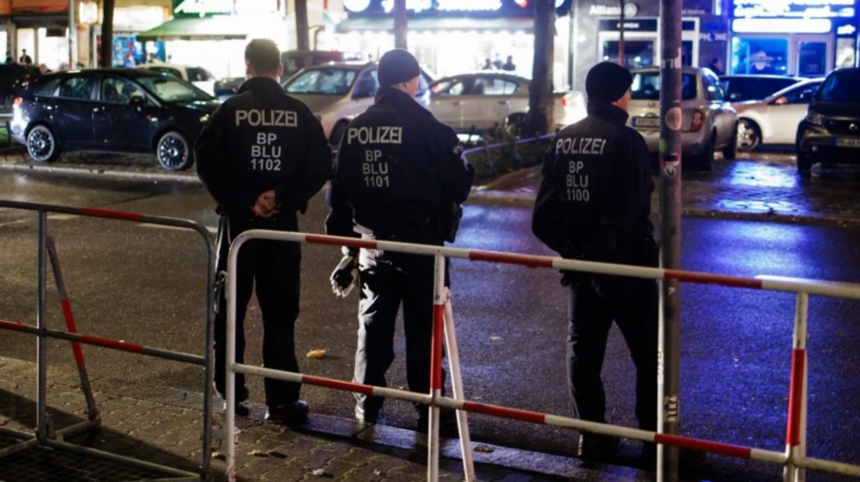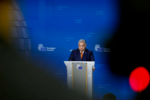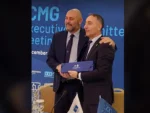The deadly attack on the Christmas market in Magdeburg has sparked intense debate in Germany, raising questions about security measures and the potential impact on the upcoming election campaign. German media outlets are focusing on two key points following the incident: the security breach that allowed a vehicle to enter the market, and the way this attack could reshape the political landscape ahead of Germany’s anticipated early elections in February.
Jakob Schindler, an expert on terrorism and extremism, emphasized that the Christmas market in Magdeburg lacked adequate security barriers to prevent vehicles from entering, pointing to this as a significant oversight. Schindler reminded listeners of the infamous 2016 Berlin attack, where a truck was used to kill 12 people at a Christmas market. “Vehicle attacks have become a known scenario,” he said, referencing similar incidents in other countries.
Despite this, Schindler reassured the public that Christmas markets are generally secure with proper measures in place, such as barricades, surveillance cameras, and police presence. However, this attack has exposed vulnerabilities that may prompt a reevaluation of security protocols for large public gatherings.
The identity of the attacker, a 50-year-old doctor from Saudi Arabia who had been living in Germany since 2006, has also raised questions. Schindler noted that it is unusual for perpetrators to be older, as most recent attackers have been younger. The fact that the attacker was critical of Islam, despite his background, has added complexity to the investigation. German newspapers are speculating on whether the attack was a terrorist act or a case of an individual suffering from mental illness.
The Rheinische Post editorial pointed out that regardless of the motives—whether religiously or politically motivated—the Magdeburg attack will foster insecurity in Germany. The publication stressed that the nation must come together in solidarity during such crises rather than allowing politics to take precedence at this time.
As the country heads toward early elections, expected on February 23, 2024, populist parties are already attempting to leverage the attack for political gain. Issues like migration and security have been central themes in the election campaign, and commentators predict that this attack could bring these topics to the forefront.
Berlin’s Morgenpost highlighted the stark reality of the situation: “Anyone who wants to carry out an attack will find a way. No need for explosives—any vehicle can be a deadly weapon.” The paper argued that the shockwaves from the Magdeburg attack will extend into the election campaign, with populist candidates likely to use the incident to further their anti-immigration narratives.
The Augsburger Allgemeine warned that while populists may try to blame the attack on excessive immigration, the profile of the attacker complicates this narrative. The attacker, described as critical of Islam, calls into question the simplistic explanation of the incident. The newspaper concluded that the Magdeburg attack will undoubtedly alter the course of the election campaign, urging responsible politicians to oppose any attempts to exploit the tragedy for political division.
As the investigation continues and the election draws closer, the tragic events in Magdeburg are set to have a lasting impact on both security policy and political discourse in Germany.







